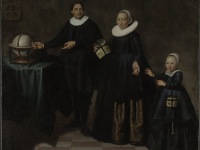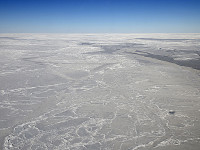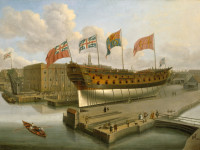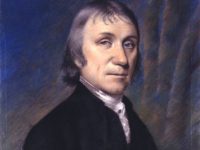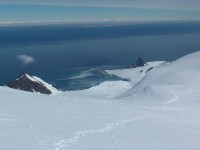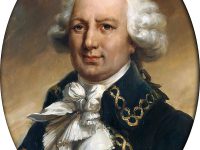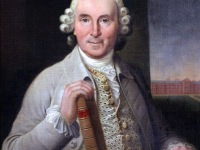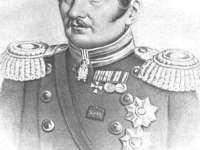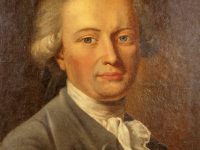Abel Tasman and the Discovery of Tasmania
On November 24, 1642, Dutch seafarer, explorer, and merchant Abel Tasman sighted the west coast of Tasmania, north of Macquarie Harbour. He named his discovery Van Diemen’s Land after Antonio van Diemen, Governor-General of the Dutch East Indies. Service in the Dutch East India Company Abel Tasman was born in 1603 in Lutjegast in what is now the province of Groningen, the Netherlands. He received a sufficient education to enable him to express…
Read more

